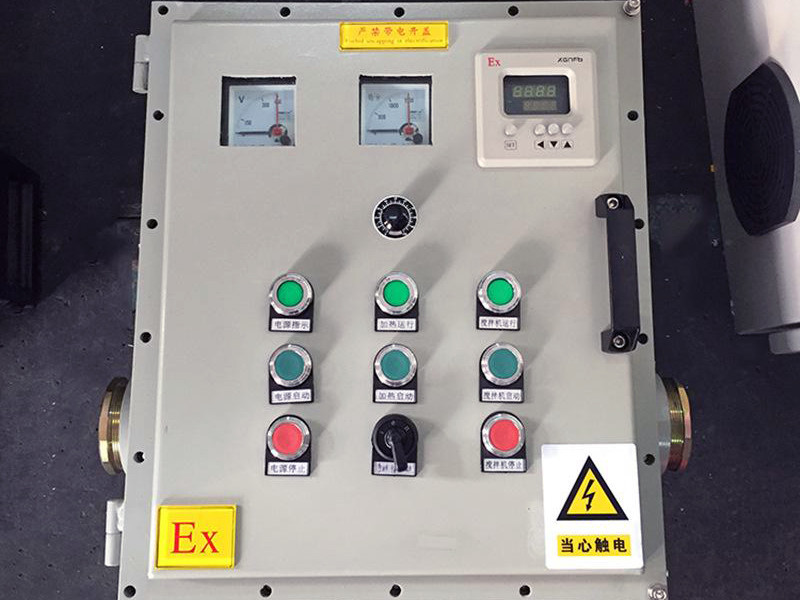Despite correct installation, the sustained pristine condition of explosion-proof electrical equipment cannot be assured. Operational activities and environmental conditions pose several challenges to these devices.

1. Harsh Work Environments
Devices in operation enduring strong vibrations or shocks can experience structural and mechanical weakening, and their electrical connections may loosen. Motors subjected to frequent starting, reverse braking, or overload can undergo changes in winding leakage and surface temperature, impacting both safety and longevity. Increased safety electrical devices are particularly vulnerable to adverse work conditions.
2. Humid Conditions
Prolonged exposure to humidity can impair the insulation of explosion-proof electrical devices, leading to lower insulation resistance, breakthroughs, or leaks. This compromises the explosion-proof safety of increased safety and non-sparking devices and can adversely affect the operational safety of other explosion-proof equipment. Moreover, humidity can cause rusting on explosion-proof joint surfaces.
3. Corrosive Environments
Corrosion can severely affect explosion-proof capabilities, with significant rusting of the casing, fasteners, and explosion-proof joints, thereby undermining the protective integrity. Additionally, corrosive conditions can deteriorate insulation and corrode exposed conductors, resulting in poor contact and potential sparking.
4. High Environmental Temperatures
Temperatures above 40℃ can alter winding and surface temperatures of electrical equipment, as most are designed to operate within 10℃ to 40℃. Exceeding this range can lead to overheating, jeopardizing explosion-proof safety. Long-term high-temperature exposure can also diminish the lifespan of insulation materials. Plastic casings on power equipment may age more rapidly under such conditions, affecting both operational and explosion-proof safety.
5. Misuse
Inappropriate use, often stemming from a lack of understanding of explosion-proof principles and operational protocols, non-adherence to safety procedures, or careless handling, can result in damage to explosion-proof electrical equipment, undermining its safety performance.
6. Other Detrimental Influences
Factors like sunlight, rain, snow, dust, and lightning can negatively impact explosion-proof electrical devices. Sun exposure can hasten the photodegradation of insulation materials and casings; moisture and dust can lower insulation leakage resistance, and dust can impede lubrication in moving parts, causing high-temperature friction. Lightning can create surge voltages in power grids, damaging electrical insulation. Regular and routine checks and maintenance are crucial to maintaining the explosion-proof safety and functionality of these devices and systems.
 Shenhai Explosion-Proof
Shenhai Explosion-Proof
